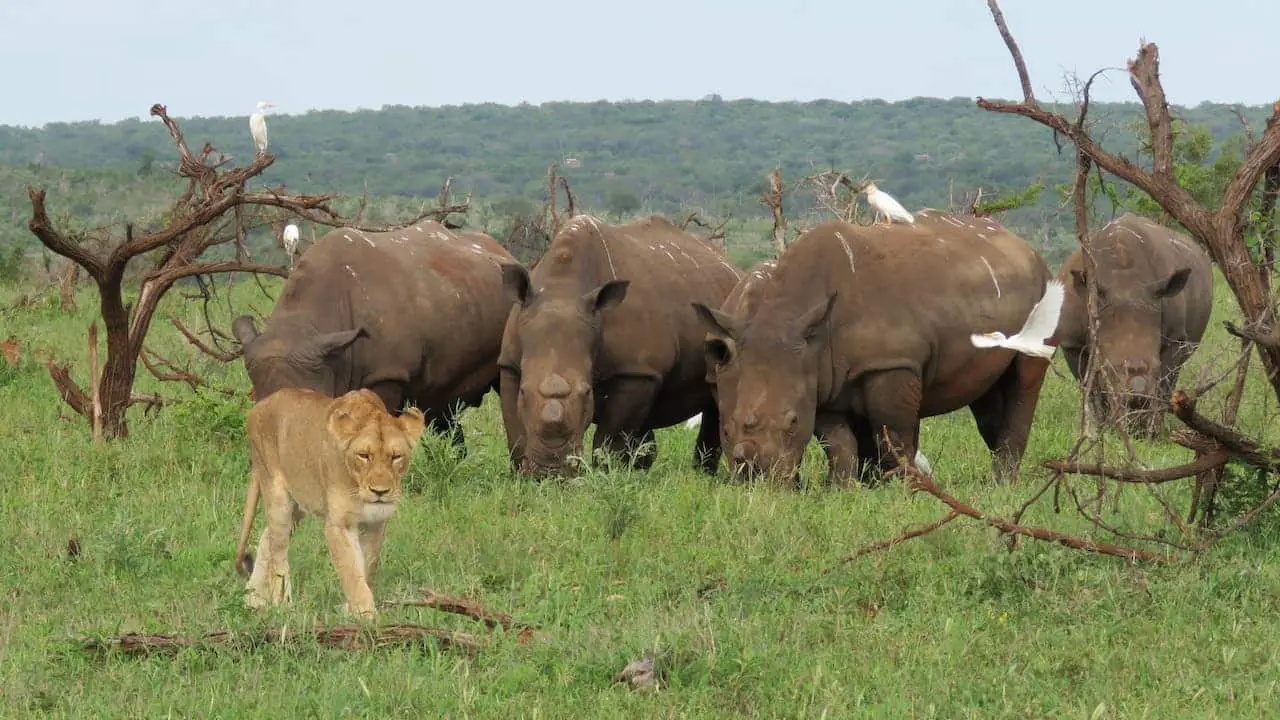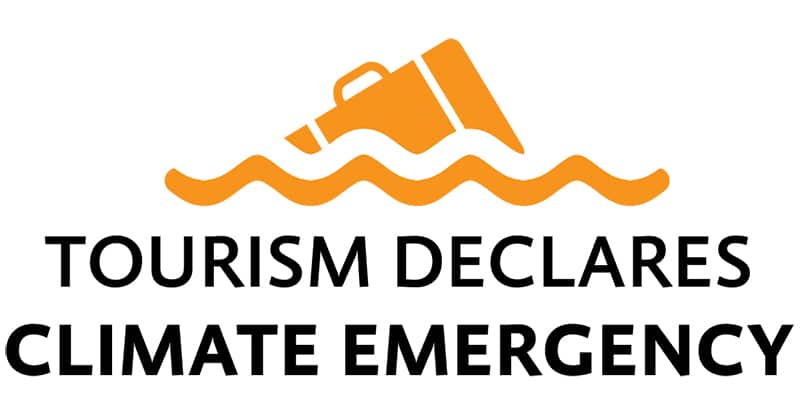Environmental Risks: The Worlds Biggest Challenge
The top five biggest challenges facing the world over the next decade are, for the first time, all related to the environment, according to the World Economic Forum’s Global Risks Report 2020.
The report, based on a survey of more than 750 decision-makers from across business, governments and charities, found that of all the risks facing the world this year, failure to take action on climate change, biodiversity loss, extreme weather, natural disasters and human-made environmental disasters are seen as the most likely to happen.
In addition, biodiversity loss, extreme weather and water crises were also seen as among the top five risks in terms of the size of the impact they could have.
In 2020, governments have the opportunity to step up their commitments to the Paris Agreement on climate, renew their commitments to the environment under the Sustainable Development Goals, agree a new global biodiversity framework and negotiate the world’s first-ever treaty to protect ocean life on the high seas.

To avoid environmental and human catastrophe, the World Wildlife Fund (WWF) and partners are calling on world leaders to commit to a New Deal for Nature and People this year which aims to halt nature loss and set nature on the path to recovery by 2030.
WWF has welcomed the Global Risks Report’s findings, which clearly indicate that the emergency facing our environment is rightly at the forefront of the minds of many of the world’s most influential people and that urgent change is needed to protect our planet.
“This report demonstrates that leaders are finally recognising the catastrophic threats facing the planet and our future – but they still need to act,” said Marco Lambertini, Director General of WWF-International.
“Unless urgent action is taken, risks related to climate change and loss of nature have the potential to harm millions of people, destabilize the global economy which relies on nature for services worth USD$125 trillion every year, and leave businesses – and the communities and economies that depend on them – vulnerable to collapse. We ignore these risks at our peril.”
Sustainable Development Goals
In September 2015, the Member States of the UN agreed the 2030 Agenda for Sustainable Development, to address economic, social and environmental dimensions of sustainable development in a balanced and integrated manner. Included are 17 Sustainable Development Goals (SDGs) with 169 targets, most of which have a deadline of 2030, though 21 expire in 2020 or have no explicit deadline.
There are 12 targets that integrate elements of the Aichi Biodiversity Targets. These 12 targets fall within five goal areas – SDG 2 (Food security), SDG 6 (Water and Sanitation), SDG 12 (Consumption and Production), SDG 14 (Life in Water) and SDG 15 (Life on Land). Alignment with existing UN agreements is an important feature of the SDGs and supports greater policy coherence and integration across UN frameworks.
Given that most of these targets will not be have been achieved this year, a clear process is required to extend efforts to 2030. New targets must drive delivery on the environment-related SDGs – without success on this front, the delivery of all the other SDGs will be threatened.
In October 2020 at the 15th Conference of the Parties to the CBD, Parties are expected to agree on a post-2020 framework that will include a set of targets to succeed the Aichi Biodiversity Targets. Preparatory work to define the new targets is underway.
It will be important to align the UNGA process and the CBD post-2020 targets to ensure a coordinated set of goals moving towards 2030, and that the existing relationship between the 2030 Agenda and the CBD is maintained.





